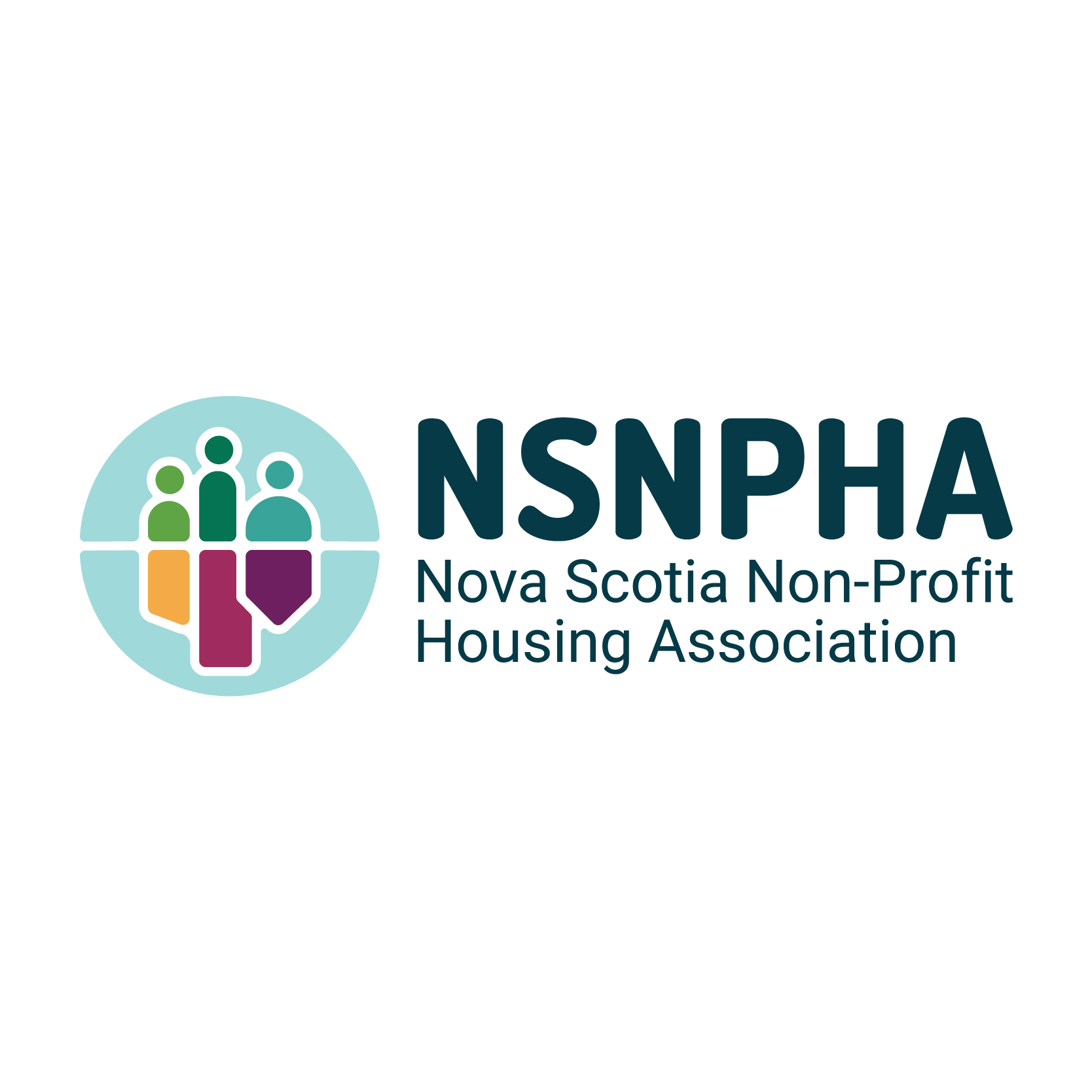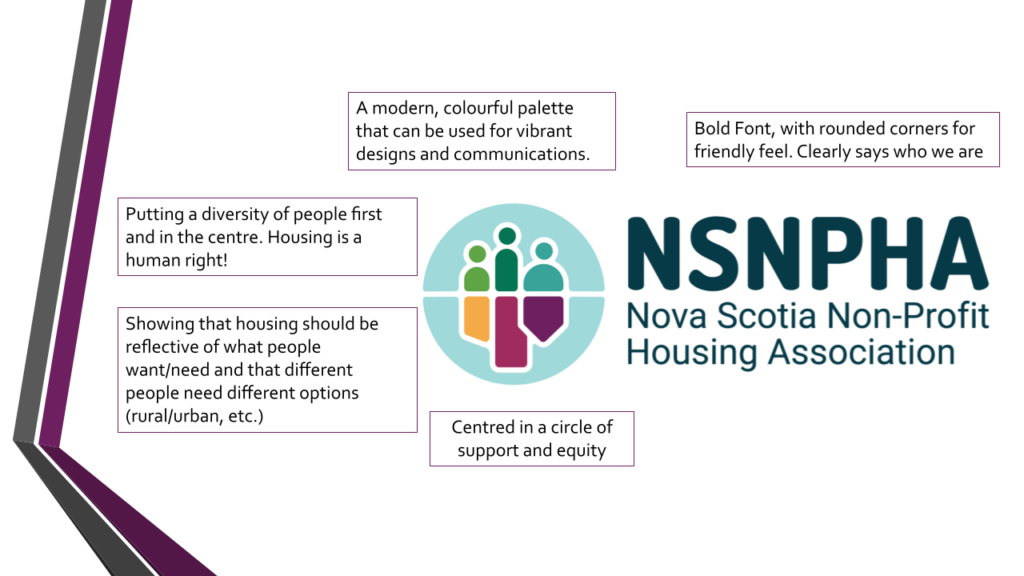Nova Scotia Non-profit Housing Association (NSNPHA) applauds both the Nova Scotia provincial budget regarding housing as well as the new Federal Housing Plan and recent budget, urging continued collaboration of all levels of government with Community/Non-Profit Housing Sector to adequately address chronic housing challenges and the current homelessness crisis.
On February 29, 2024 in the Nova Scotia Budget address, Premier Tim Houston, and Minister of Finance and Treasury Board Allan MacMaster released Building Nova Scotia Faster Budget 2024-25.
On April 12, 2024 Prime Minister Justin Trudeau, and Deputy Prime Minister and Minister of Finance Chrystia Freeland, and Minister of Housing, Infrastructure and Communities Sean Fraser released Solving the Housing Crisis – Canada’s Housing Plan, just ahead of the Federal Budget address.
In both federal and provincial budgets / housing plans there are more investments in housing than we’ve seen in decades. This is certainly worth applauding.
Most of the solutions offered by both federal and provincial levels of government address the more recent challenges to new home buyers and to the rental market. While this may ease the pressure on access to the lowest rent units, it’s unlikely to push existing rental prices down. The fact remains that rising rent is beneficial to for profit developers and landlords.
Housing is a human right. The treatment of housing as a commodity without restriction over recent years/decades has resulted in a shortage of market housing for those who are in low to middle income households.
NSNPHA especially applauds investments that will facilitate an increase in access to non-market affordable housing for low income households. Investments that make it easier for non-profit housing providers to develop and operate community housing. What has been announced is a step forward:
- increasing the investment in Nova Scotia’s Community Housing Growth fund by $2 million for a total of $2.5 million;
- allocating an additional $1 billion (primarily comprised of grants) to Canada’s Affordable Housing Fund’s (AHF) rapid housing stream;
- introducing a $1.5 billion Canada Rental Protection Fund to help community housing providers secure affordable rental units that are at risk of being sold to investors, ensuring long-term affordability.
Because for profit developers generally have capital assets that can be leveraged, they are typically more nimble when it comes to responding to property sales, and treated differently at lending institutions, causing a distinct disadvantage faced by non-profit housing providers when competing with for-profit private developers.
Additional programs recently announced that could benefit the efforts of non-profit housing providers would be most effective IF governments would take it a step further and prioritize non-profit community housing providers. These recent initiatives include:
- programs to address the need for more skilled tradespeople in the province
- rebate federal and provincial HST on the new construction of purpose-built, multi-unit apartments
- federal and provincial public Lands for Housing plans – the government is unlocking underused public land for housing, accelerating availability, and federally, creating a mapping tool to track potential federal land sites;
- creating a federal Public Lands Acquisition Fund to purchase land from other orders of government:
- expanding the Federal Lands Initiative;
- and whenever possible, transferring land from the federal government to the Canada Lands Company for $1 to support more affordable housing development;
- Canada Builds program to amplify the impact of federal funding by partnering with provinces and territories with ambitious housing plans
We hope that all levels of government learn from the mistakes of the past and realize that there will always be a place for government investment in non-market housing.




